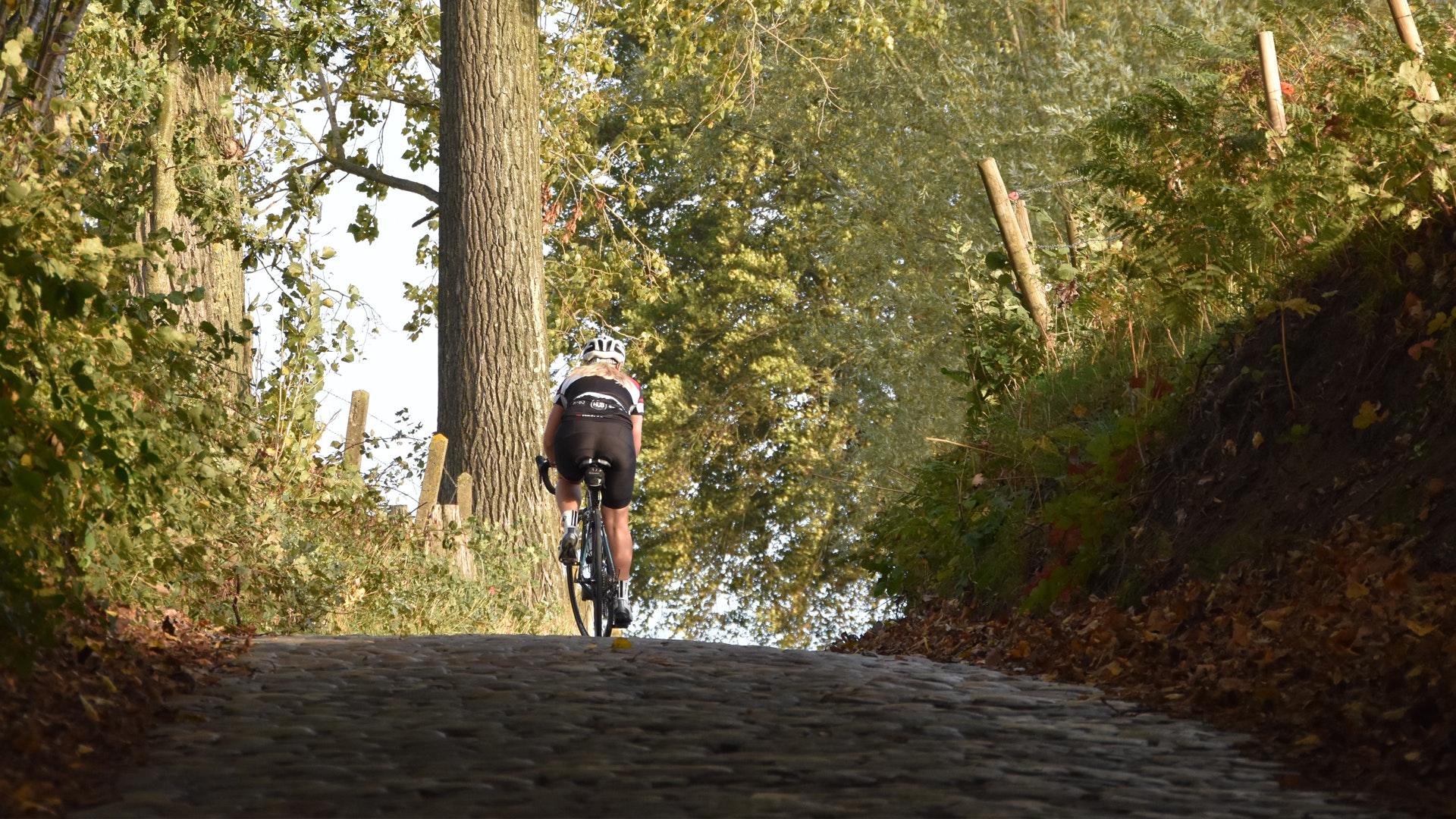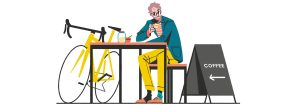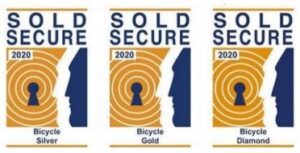Belgium: what a visit to cycling’s heartland looks like

From the beer, to the frites, to the history to their enduring love of cycling, Belgium has it all. This small but mighty nation, founded in 1830 following a violent revolution, is closely linked to neighbouring countries France, Germany, Luxembourg, and the Netherlands, but don’t be mistaken, Belgium has its own rich history that extends far beyond being ‘France light’ as some in the UK may think. The country also loves its cycling, more perhaps than any other.
In this piece we will be looking at what a visit to the heartland of the sport looks like, taking in various cities in both Flanders and Wallonia (the two halves of Belgium). So, let’s get going and see just what this beautiful country has to offer us cycling fans.
Brussels bound
First, we’re off to the capital city to see what is at the centre of the European Union.
When you step off the Eurostar (the best way to get to Belgium) at Brussels Midi you are immediately transported into a world of chocolate, beer, and, believe it or not, smurfs. The sheer number of choices can be overwhelming when you first get into the city, so we’d recommend wandering a bit further from the centre to experience a true Brussels bar rather than one made for tourists.
The main attractions in Brussels are a perfect blend of old and new, with the historic Grand Palace standing tall over the city alongside the now famous Atomium. Who can forget the team time trial from the 2019 Tour de France Grand Depart?
For those who want a laugh, the Manneken Pis is another Brussels icon. The 17th century statue depicts a boy urinating into the fountain. You can take home a small replica of the Manneken Pis from one of the many Brussels tourism centres and souvenir shops.
In terms of cycling, the best race to go and watch alongside a visit to Brussels is the Brussels Cycling Classic. The race isn’t the biggest on the Belgian race calendar, but it does include a dip into Flanders to take on the infamous Muur van Geraardsbergen which is a place all cycling fans should visit at least once. You could even take on the climb yourself if you want to experience the steep and jagged cobbles in person.
Next stop, Liège
Away from the capital, there are some equally amazing cities in the surrounding regions. None more so than the stunning city of Liège, the capital of Wallonia. This historic city is just an hour on the train from Brussels, making is easily accessible if you want to make a combined trip.
Once in Liège, a short bus journey from the main station will take you into the historical centre of the city, brimming with boulangeries and independent stores, which contribute to the city feeling more like a village at times. The best of these independent establishments is the famous ‘Une Gaufrette Saperlipopette’ which is found on a small side street near the town hall. The confectioners offer the best selection of baked goods in the city, including batch made Liège sugar waffles that sell out almost daily. So be quick if you want to grab one!
There is also the famous Montagne de Bueren at the centre of Liège, an urban ‘mountain’ that features 374 steps up to the best vantage point in the city. It isn’t really a mountain, but in Belgium it’s the closest that it gets.
The cycling side of Liège is the oldest in the whole of Belgium, it being home to Liège-Bastogne-Liège. The race is nicknamed ‘La Doyenne’, which translates to ‘the old lady’, due to its age and status as the oldest Monument in cycling, first run in 1892. The best place to watch the race is either from the top of one of the numerous climbs outside of the city or from the finishing straight.
Into Flanders
Across the language border to the north sits Flanders, the true heart of cycling in Belgium. The region is home to some of the most iconic races in the entire racing calendar, including the legendary Ronde Van Vlaanderen or Tour of Flanders. The history of the race is well known, as are its famous cobbled climbs, so take an alternative look at De Ronde for an extra special trip.
On getting to Oudenaarde, the current finishing town of De Ronde, you should head straight to the Centrum Ronde van Vlaanderen which acts as a hub for everything cycling related in the region. The centre is open year-round, a shrine to all things De Ronde, and is a brilliant place to immerse yourself in the history and tradition of one of the sport’s greatest spectacles.
The centre also offers a bike hire scheme so you can take on the cobbles at your own speed, choosing from a variety of routes that take on different climbs. Or pack your own bike and test its mettle, and your own, on some of the most famous roads on the planet.
Flanders is also known for its beer, not to be missed out on if you’re partial to a tipple. The most appropriate beer for a cycling adventure is Kwaremont, a blond beer named after the climb of the Oude Kwaremont and used to be brewed on the climb itself. Kwaremont is also used as a prize in a number of Flanders classics – you’ll have seen the branding on the coverage of many of the Cobbled Classics – so you’d be taking after legends of the sport in a more simple and tasty way. The glasses the beer is served in are also a great souvenir, so pick one up if you get the chance and show them off to your cycling friends back home.
Partner a crisp Kwaremont with a portion of Belgian frites, traditionally served with mayonnaise, and you have the ultimate post-ride treat.
Now that you know what a trip to various regions of Belgium look like why not plan your next long weekend away? Remember to take out travel insurance before you go to make sure you’re fully covered against any misfortunes on your trip.






